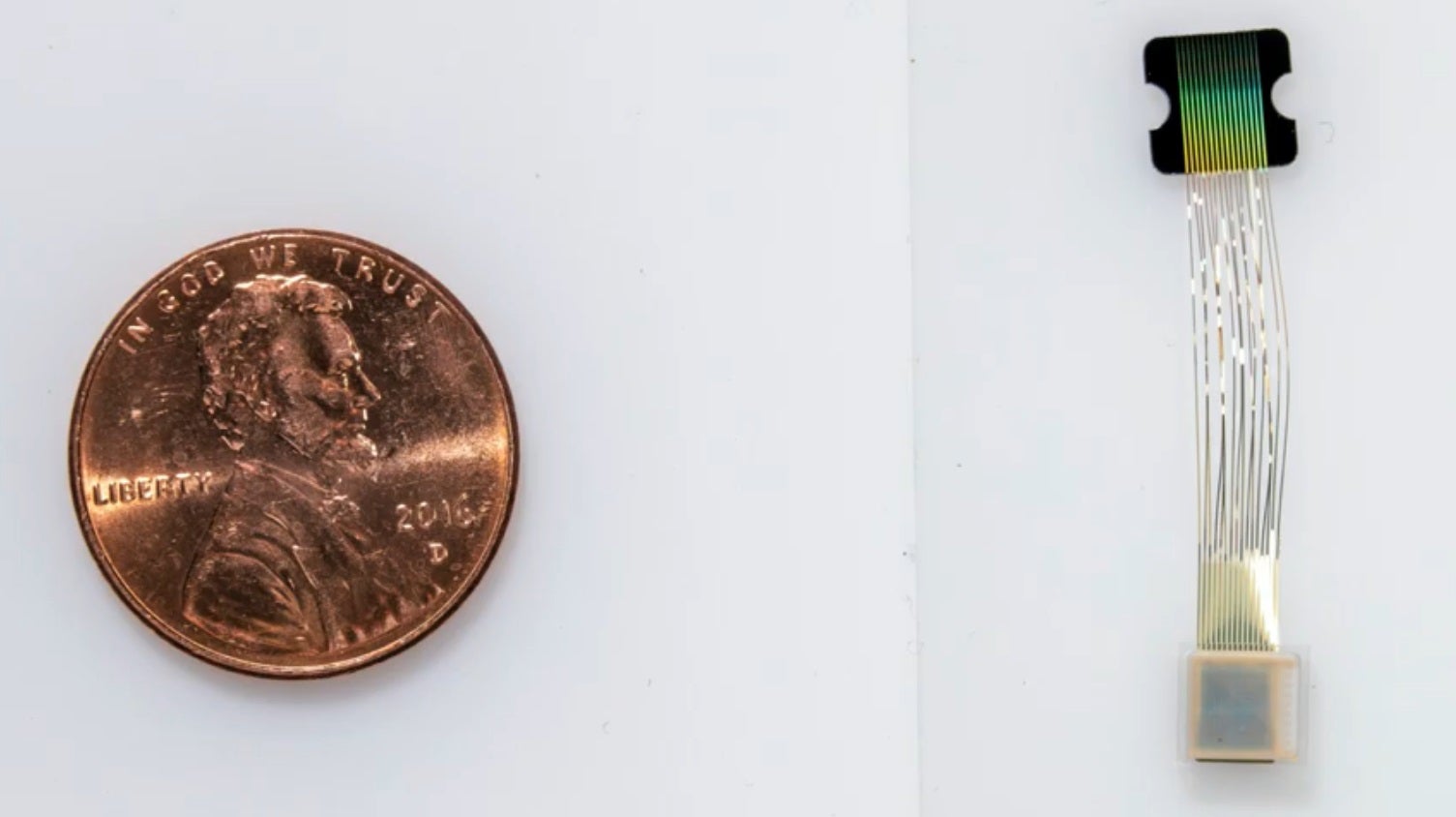Elon Musk claims mysterious brain chip will be able to cure depression and addiction: ‘It’s both great and terrifying’
Neuralink computer interface could be used to ‘retrain’ serious conditions

Your support helps us to tell the story
From reproductive rights to climate change to Big Tech, The Independent is on the ground when the story is developing. Whether it's investigating the financials of Elon Musk's pro-Trump PAC or producing our latest documentary, 'The A Word', which shines a light on the American women fighting for reproductive rights, we know how important it is to parse out the facts from the messaging.
At such a critical moment in US history, we need reporters on the ground. Your donation allows us to keep sending journalists to speak to both sides of the story.
The Independent is trusted by Americans across the entire political spectrum. And unlike many other quality news outlets, we choose not to lock Americans out of our reporting and analysis with paywalls. We believe quality journalism should be available to everyone, paid for by those who can afford it.
Your support makes all the difference.Elon Musk has revealed more details about his mysterious brain-computer chip startup Neuralink, claiming that it could be used to help cure addiction and depression.
Mr Musk founded Neuralink in 2016, though few details about how the technology will work have been revealed. After receiving more than $158m (£125m) in funding, Neuralink announced in a 2019 presentation that it had developed a “sewing machine-like” device capable of connecting brains directly to computers.
More information about Neuralink will be revealed on 28 August, Mr Musk said on Thursday, prompting Twitter user Pranay Pathole to ask the billionaire entrepreneur what future capabilities could be expected.
“Can Neuralink be used to retrain the part of the brain which is responsible for causing addiction or depression? It’d be great if Neuralink can be used for something like addiction/ depression,” he asked.
Mr Musk replied: “For sure. This is both great and terrifying. Everything we’ve ever sensed or thought has been electrical signals. The early universe was just a soup of quarks and leptons. How did a very small piece of the universe start to think of itself as sentient?”
In the short-term, Neuralink will be used to treat brain diseases such as Parkinson’s, while the long-term ambitions for the technology is to allow humans to compete with artificial intelligence.
An early version of the system has already been tested on animals, and human trials are expected to begin at some point this year.
Ultimately, Mr Musk hopes to achieve some sort of symbiosis with AI, to a degree that would make human language obsolete.
This could occur within the next five to 10 years, Mr Musk told the Joe Rogan Podcast earlier this year. “You wouldn’t need to talk,” he said. “You would be able to communicate very quickly and with far more precision.”
Such an eventuality is not entirely far-fetched, according to leading scientists in the field of brain-computer interfaces. A 2019 report by the Royal Society outlined how neural interfaces could allow people to communicate silently by reading each other’s minds.
“People could become telepathic to some degree, able to converse not only without speaking but without words – through access to each other’s thoughts at a conceptual level,” the report stated.
“Not only thoughts, but sensory experiences, could be communicated from brain to brain. Someone on holiday could beam a ‘neural postcard’ of what they are seeing, hearing or tasting into the mind of a friend back home.”

There have also been doubts about the technology, with the renowned linguist and philosopher Noam Chomsky questioning whether it would be possible to communicate using only thoughts.
“Developing methods by which if I’m thinking of moving my hand, you might be able to pick up the electrical signals that say he’s trying to move his hand, that’s conceivable,” Mr Chomsky told the website Inverse in 2017, shortly after the project was made public.
But he added: “Trying to find out what I’m thinking, let’s say, there’s no way of developing technology because we don’t understand how to proceed. The technology... is just nowhere near advanced enough.”
Join our commenting forum
Join thought-provoking conversations, follow other Independent readers and see their replies
Comments